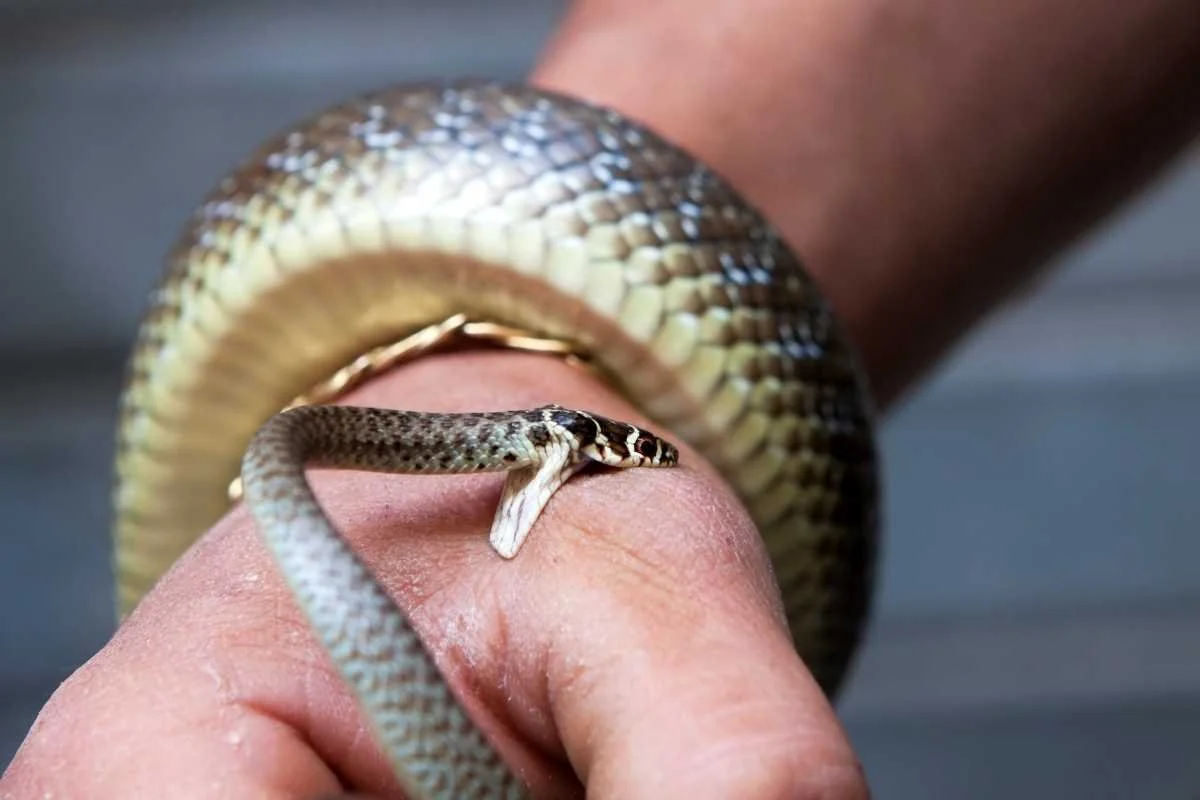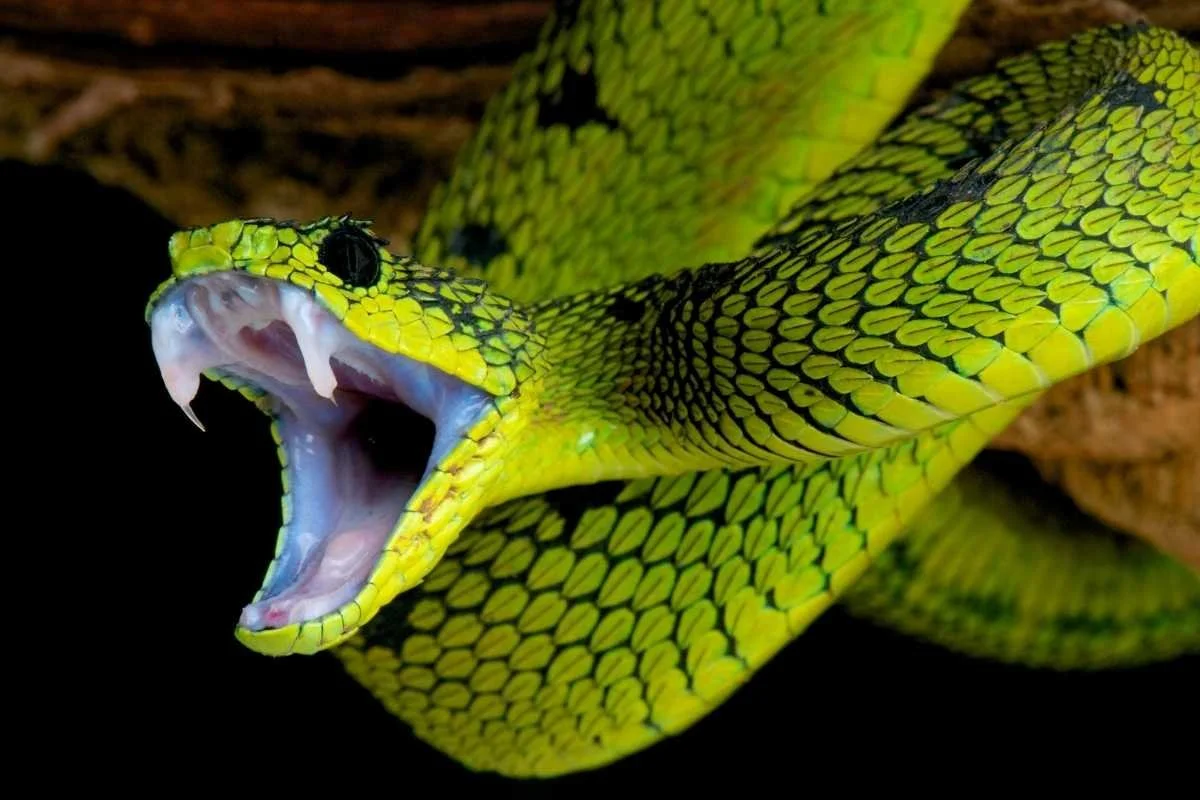Get medical help as soon as you can (dial 911 or call local Emergency Medical Services [EMS]). Serious snake envenomation is treated with antivenin. The sooner antivenin can be administered, the sooner venom harm that cannot be reversed may be halted.
Read MoreSnakes don't have hands, feet, claws, or sticky toe pads, but they can climb trees without them. They can also swim, burrow, crawl, and even glide. Whatever they do, their physical composition remains unchanged. Burrowing snakes lack claws, flying snakes lack wings, and water snakes lack fins.
Read MoreIn addition to the primary distinction that exists between them in terms of species, legless lizards and snakes are distinguished from one another in a variety of anatomical and environmental aspects. There are enough diverse species of both sorts of animals to be found all over the globe and in a wide variety of environments.
Read MoreNo other kind of animal can rival the curiosity and sensations that snakes represent. Snakes are skilled hunters and ambush predators that find, identify, and track their prey using their highly developed senses of sight, taste, hearing, and touch. While most snakes utilize their strong, muscular bodies to crush their food to death, certain snakes employ a fatal quantity of venom, a modified form of saliva, to immobilize and kill their prey.
Read MoreAdults of this species of rattlesnake are darker than neonates, which may make it simpler for them to acquire heat. Rattlesnake may be providing heat for her young by letting neonates perch on and around her. Additionally, a rattlesnake's bigger size implies that she will accumulate and emit heat, maybe into the night while the family is snug in their haven. A newborn snake needs warmth to grow, lose its skin, and prepare to leave the nest and go hunting on its own. There are basically no natural predators of adult diamondbacks. Because of their tiny size and diversity of predators, neonate rattlesnakes are not as well protected; in certain locations, just 17% of the pups survive their first year.
Read MoreHibernacula are the places where snakes go to sleep during the colder months so they can survive. Because snakes cannot survive in temperatures below the freezing point, this area primarily has to be one that is below the frost line. It's possible for many snakes of various species to coexist in the same hibernaculum at the same time.
Read MoreSnakes can be your best friend if you are maintaining a garden, in spite of their unfavorable image of creating fear. Snakes would gladly take care of any insect or rodent pest issues at no cost! Due to their penchant for slugs, many gardeners believe garter snakes to be particularly helpful.
Read MoreThe majority of snakes pose little threat to people. Only about 20% of the snakes in the United States are venomous. These include the copperhead, coral snake, water moccasin, and rattlesnake varieties in North America. Their bites may cause serious harm and sometimes even death.
Read MoreSnakes are magnificent creatures. Unless they perceive a danger, they will not attack. You can try to pick up the snake by its tail and hold it as far away from you as you can if you are certain that it is a nonvenomous species, but most people prefer to carefully remove the animal by scooping it up with a shovel or rake, very gently and slowly. We recommend the latter method, since holding a snake by just the tail can potentially injure it.
Read MoreMost venomous snakes will avoid contact with something considerably larger than themselves, since they perceive it as a predator. The snake will likely get protective the moment you approach it. Just like you would if a person who was much bigger than you came at you aggressively and attempted to manhandle you. The snake will attempt to bite if it feels cornered.
Read MoreSnakes are timid reptiles that avoid interacting with humans. Though, since lawns often have shelter, water, and food available, snakes will gravitate to them. This isn’t necessarily a bad thing, since snakes consume mice and other rodents, making them free pest control. Most snake species in the US are not dangerous to humans, though there are some venomous species. The materials listed below were compiled by SnakeSnap to assist you in learning how to keep snakes away without endangering the environment around you.
Read More














